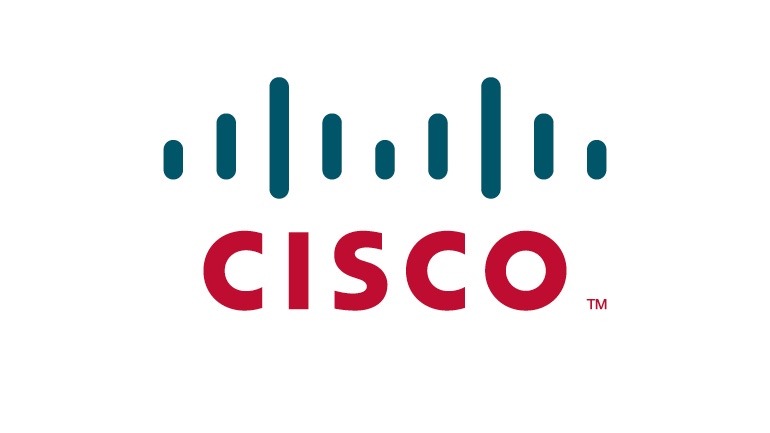Cisco Extends Intercloud Ecosystem
Up until now the Cisco effort to create an ecosystem of partners in the cloud through which it can federate network services has been pretty much been limited to provider of IT infrastructure services. At the Cisco Live! 2015 conference this week, Cisco extended that framework to include 35 independent software vendors.

Up until now the Cisco (CSCO) effort to create an ecosystem of partners in the cloud through which it can federate network services has been pretty much been limited to provider of IT infrastructure services.
At the Cisco Live! 2015 conference this week, Cisco extended that framework to include 35 independent software vendors.
Peder Ulander, vice president of cloud services for Cisco, said unlike a traditional app store in the cloud participation in the Intercloud ecosystem will not only make it easier to acquire these applications, but also provision and deploy them across hybrid cloud computing environments.
The first ISV members participating in the Intercloud ecosystem include ActiveState, Apprenda, Basho, Chef, Citrix, CliQr, Cloud Enabled, CloudBerry Lab, Cloudera, Cloudify, CloudLink, Couchbase, CTERA, Datadog, Davra Networks, desktopsites, Druva, Egnyte, ElasticBox, F5 Networks, Hortonworks, Informatica, MapR, MongoDB, Moonwalk, Nirmata, Panzura, Pegasystems, Platfora, Sanovi, ScaleArc, Skytree, StoAmigo, Talisen Technologies and Zenoss. Ulander said that Cisco deliberately went after smaller ISVs looking to partner with Cisco and its channel partners.
As a channel led initiative, Ulander said it’s critical for ISVs participating in the Intercloud program to establish relationships with not only Cisco’s channel partners, but also the channel partners of the various infrastructure-as-a-service (IaaS) and platform-as-a-service (PaaS) technology partners
In addition, Cisco has created a DevNet intiaitive designed to attract independent developers to the Intercloud ecosystem while at the same time specially recruited Hadoop platform providers such as MapR, Hortonworks and Cloudera to participate to provide a foundation for big data analytics applications that can be tapped into as a service. Those efforts, said Ulander, will lead to the eventual development of micro-services based on containers that will be distributed across a hybrid cloud computing environment.
Rather than build out its own data center infrastructure, Ulander says rather than simply providing another app store in the cloud Cisco is trying to enable both its customers and partners to serve as brokers of those services. As enterprise IT evolves, Ulander said it’s clear that IT organizations are going to be asked to manage hundreds of different cloud services. Today many of those cloud services operate in the shadow, but Ulander said it’s only a matter of time before all cloud services are brought back under the operational control of the IT organization. Of course, many of those IT organizations will opt to exercise that operational control via managed service providers that are generally better equipped to manage multiple cloud computing deployments.
Obviously, it will still take a while for those hybrid cloud computing scenarios to become an everyday IT reality, but Ulander notes the goal is to put Cisco and its partners to be in the best position to capitalize on hybrid cloud computing opportunities as they continue to manifest themselves through the rest of the decade.
About the Author(s)
You May Also Like


